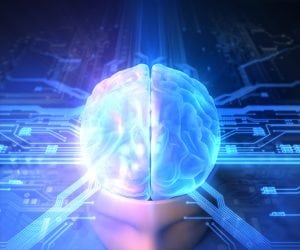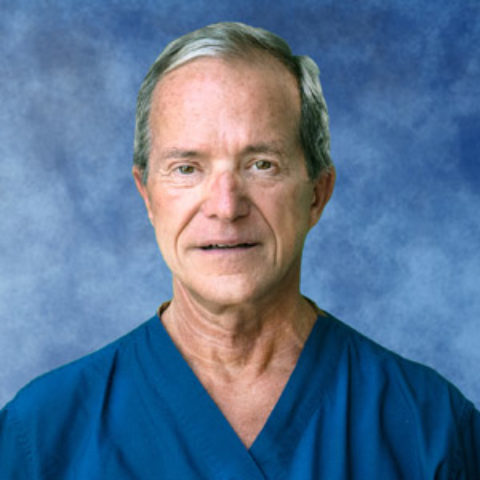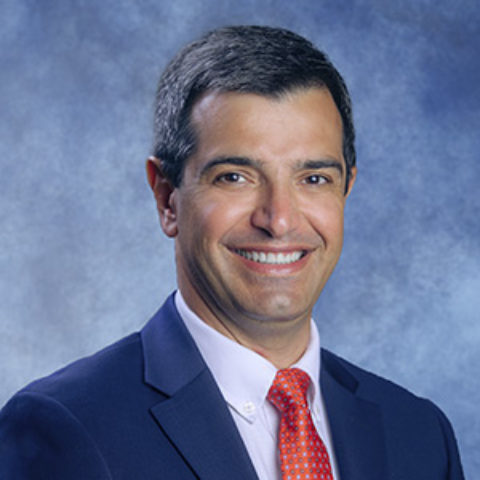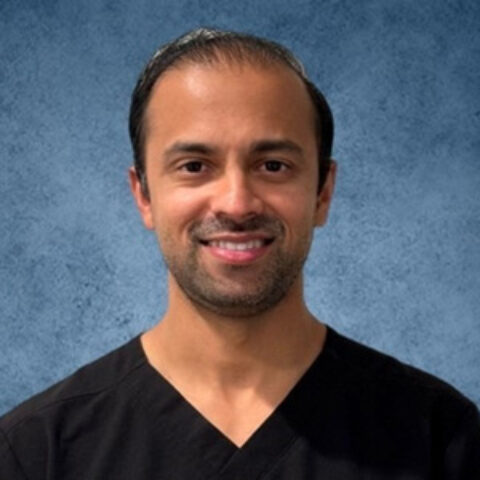 The human nervous system can suffer from a number of ailments. Disorders and injuries such as stroke, aneurysms, infections, tumors, congenital defects, or damage to the spinal cord or the peripheral nerves, among others, are some of the things that can occur. Treating these conditions often requires the skill of a doctor specializing in neurosurgery, the name given to the area of surgical specialization that treats these disorders.
The human nervous system can suffer from a number of ailments. Disorders and injuries such as stroke, aneurysms, infections, tumors, congenital defects, or damage to the spinal cord or the peripheral nerves, among others, are some of the things that can occur. Treating these conditions often requires the skill of a doctor specializing in neurosurgery, the name given to the area of surgical specialization that treats these disorders.
Because of the expertise involved in treating such a complex and delicate part of the body, it is an area of medicine that requires doctors to complete years of specialized training. A neurosurgeon has completed a five to six year residency focusing on surgery specifically for neurological conditions in addition to medical school. They will have been taught to diagnose and treat disorders of the brain, spine, the spinal cord and nerves, as well as intraspinal and intracranial vasculature. Seeing a new specialist for the first time can be overwhelming, so we have outlined some common questions and answers.
For more information, feel free to contact our office. We will be happy to answer any questions you might have about our center, common symptoms, and available treatments.
What kind of conditions does a neurosurgeon treat?
A doctor specializing in neurosurgery treats a wide variety of disorders and ailments, from pinched nerves and bad backs to brain tumors and strokes. They are trained to treat any ailment that is associated with the brain, nervous system, or spine.
Do I really need to see a specialist for my condition or symptoms?

Neurosurgeon-by-Orange-County-Neurosurgical-Institute-2Most often, patients with serious problems are referred by their primary care providers to a neurosurgery specialist to properly diagnose and treat their conditions, but many less serious conditions are overlooked or mistaken for other ailments. For example, numb fingers are often wrongly ascribed to carpel tunnel syndrome when, in fact, they may be caused by a pinched nerve in the neck or spine. Back pain, as well, may be falsely attributed to a pulled muscle, when the real culprit is a compacted spinal disc. Getting the right care for the right condition is essential in correctly treating the problem.
How can I find a doctor who is right for me?
Finding a neurosurgeon you feel comfortable with is important. Hopefully, your primary care provider has referred you to our office because of our high reputation. While you are in our office, take time to ask questions about our caring medical staff, our state-of-the-art equipment, and our experienced and knowledgeable doctors. We are confident that you will feel comfortable visiting our office, and you can trust that we will always point you toward the medical care that is best for your wellbeing.
What can I expect when I go in for a consultation?
When you go in for a consultation, your neurosurgeon will give your medical history a complete review. Be prepared to answer questions about your condition and bring a list of any questions you have and any observations about your condition you have made to your specialist as well. The more information that we have on the nature of your condition, the more accurate and quick your diagnosis will be. We will also give you a physical exam and, if needed, one or more diagnostic tests to determine the full picture of what you are experiencing.
What can I expect for recovery?
Like most surgeries, recovery from neurosurgery will some time. Depending on the extent of the surgery, it could be anywhere from several days to several weeks. Before your surgery, we will talk with you about what you should expect from the procedure itself, your symptoms going forward, and your recovery time. In order to ensure a quick and easy recovery, it is very important that you follow your post-surgical instructions very carefully. These instructions are tailored to you and your specific situation.
Of course, surgery is not always necessary. Your neurosurgeon may recommend any number of treatment options, like medication management or physical therapy. We seek out minimally invasive and conservative treatment options whenever possible.
While dealing with a neurological ailment can seem daunting at times, it doesn’t have to be. Fortunately, a good neurosurgeon will have the specialist’s knowledge and training it will take to help you get better. With their extensive understanding of the intricate working of the brain, nervous system, and spinal cord, they will be able to properly diagnose and treat your condition. Don’t wait to see one of our experienced professionals. Call our office and schedule an appointment today.




